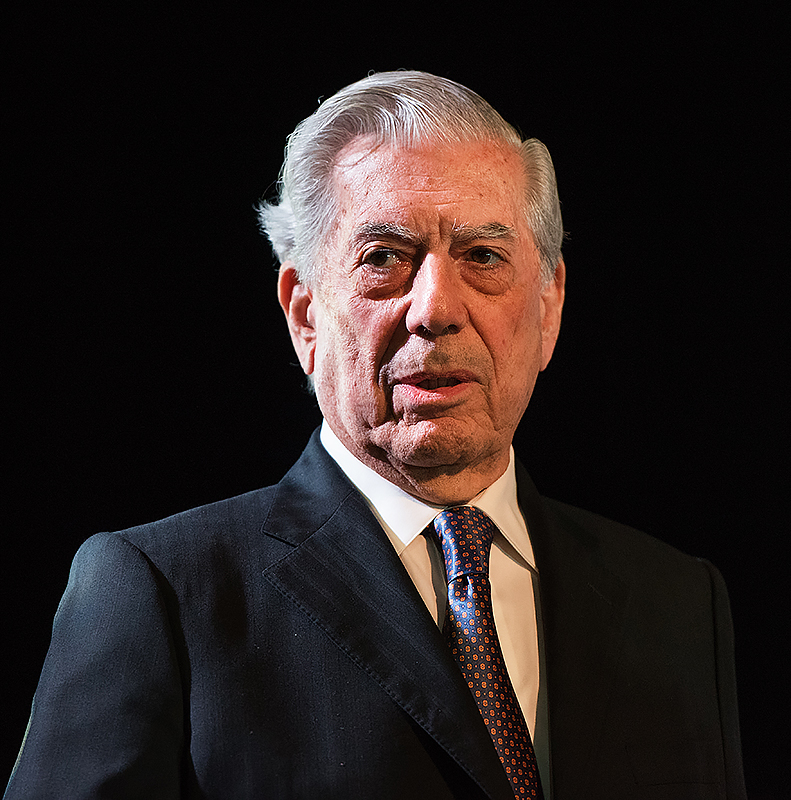Vargas Llosa << VAHR gahs YOH sah >>, Mario (1936-…), is the first Peruvian novelist to win international renown. He was awarded the 2010 Nobel Prize in literature. Vargas Llosa often deals with the issues of violence and political corruption in Peruvian society. He uses experimental techniques, including intermingled plotlines, shifting time frames, and multiple points of view, to express his themes. Much of his fiction also reveals his skill as a storyteller.

Vargas Llosa’s first novel, The Time of the Hero (1962), explores the theme of injustice through a tale of theft and murder in a military academy. The Green House (1966) examines conflicts among Peru’s economic classes and its ethnic and regional groups. In Conversation in the Cathedral (1969), Vargas Llosa explores hypocrisy and corruption in Peruvian business and politics. The War of the End of the World (1981) is a historical novel about a rebellion in Brazil.
Vargas Llosa’s other novels include the humorous Captain Pantoja and the Special Service (1973) and Aunt Julia and the Scriptwriter (1977); The Real Life of Alejandro Mayta (1984); In Praise of the Stepmother (1988); The Notebooks of Don Rigoberto (1997); The Feast of the Goat (2000); The Way to Paradise (2003); The Bad Girl (2006); The Discreet Hero (2013); The Neighborhood (2018); and Harsh Times (2021). His essays on culture, government, and society were collected in Making Waves (1996), The Language of Passion (2001), and The Call of the Tribe (2023). Vargas Llosa has also written drama, short stories, and the autobiography A Fish in the Water (1993).
Jorge Mario Pedro Vargas Llosa was born on March 28, 1936, in Arequipa. He campaigned to become president of Peru but lost a runoff election in 1990.
